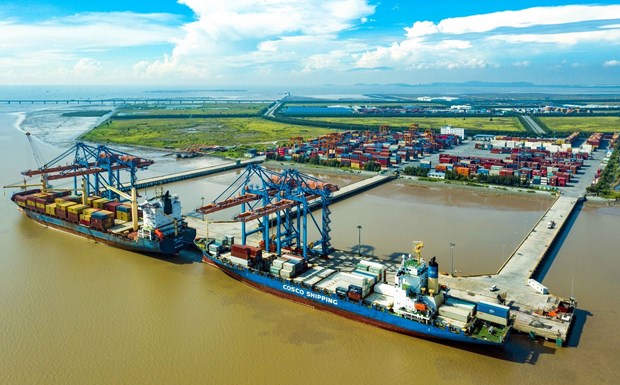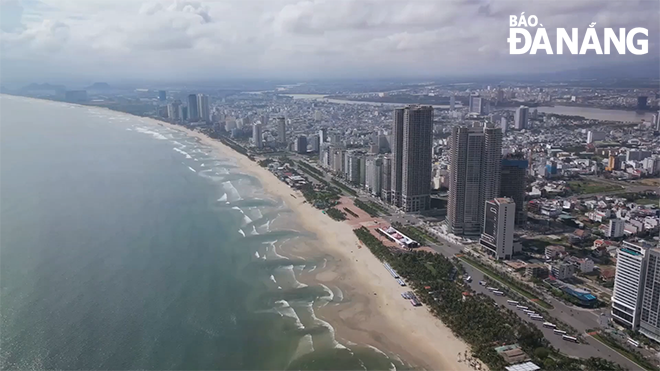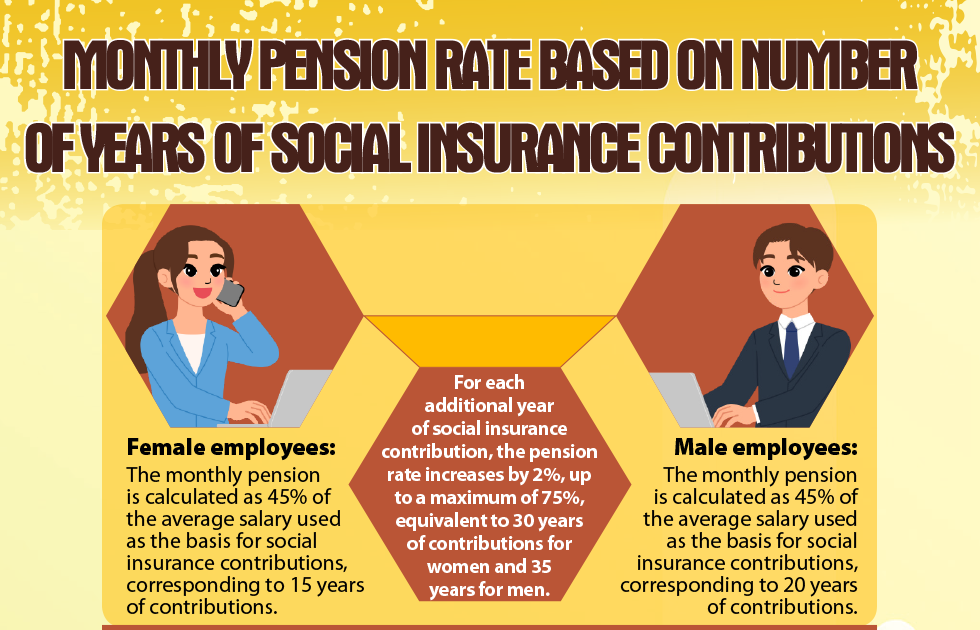Trade revenue set to eclipse 700 billion USD this year
Free trade agreements (FTAs) spurred Viet Nam’s bilateral and multilateral trade, with 2022 revenues projected to hit a record 750 billion USD, according to experts.
 |
| A port in Vietnam (Photo: VNA) |
Viet Nam’s signatory FTAs, especially recent agreements will promote trade breakthroughs and generate major trade surplus for 2022 and build momentum for 2022-23 in the process.
Despite Viet Nam’s challenges, exports recovered well in the first four months of 2022 to hit 122.4 billion USD, a year-on-year surge of 16.4 percent.
The increase was attributed to business resilience and flexibility taking advantage of FTA parameters, notably the Comprehensive and Progressive Agreement for Trans-Pacific Partnership (CPTPP), European Union-Viet Nam Free Trade Agreement (EVFTA) and the Regional Cooperation Economic Partnership (RCEP) which took effect at the start of 2022.
Nguyen Chanh Phuong, Vice Chairman of the Handicraft and Wood Industry Association of Ho Chi Minh City (HAWA), said new generation FTAs enhanced trade in Viet Nam’s wood processing sector, pushing exports when compared to rival countries that are outside of the agreements.
A survey by the Centre for Industrial Studies (CSIL) of Italy forecast the global wood products market will record growth of 4 percent in 2022.
Meanwhile, Nguyen Ha, a tuna market expert of the Viet Nam Association of Seafood Exporters and Producers (VASEP), said that Viet Nam earned more than 259 million USD from tuna exports in the first quarter of 2022. The growth meets a five-year high, surging 72 percent from the same period last year. This equates to a 1.6-fold increase over the same period in 2019 before COVID-19 broke out.
Of note, the EVFTA contributed to bringing tuna exports to European nations to the tune of nearly 38 million USD, up 33 percent year on year.
At present, intra-country logistics posed a challenge for Viet Namese businesses, causing some businesses to miss opportunity within the FTAs.
Viet Nam needs to fine-tune policies and regulations on logistics services and build fleets of major vessels and modern infrastructure to meet import-export requirements.
Tran Thanh Hai, Deputy Director of the Agency for Foreign Trade at the Ministry of Industry and Trade, confirmed that firms must study how the trade deals benefit them to adjust procedures and material supply. This will allow them to meet certificate of origin criteria and benefit from preferential tariffs under the FTAs.
Enterprises have received guidance from experts and the government on tariff and non-tariff restrictions so as to better navigate these difficult waters./.
Source: VNA








